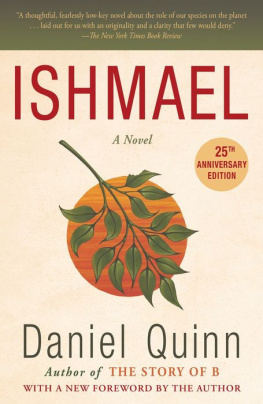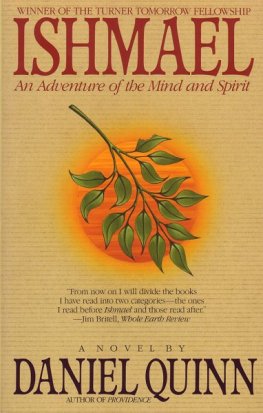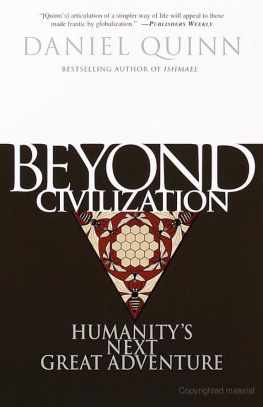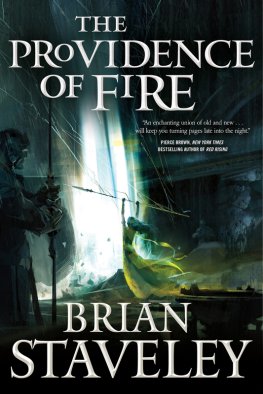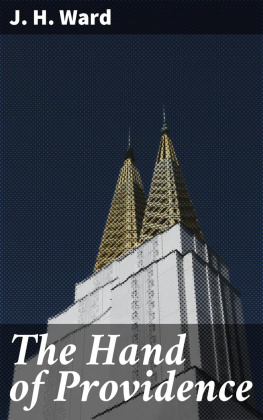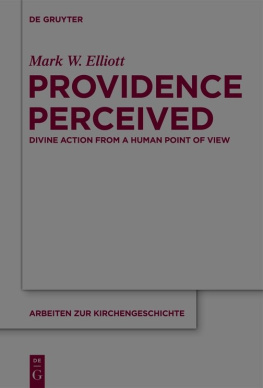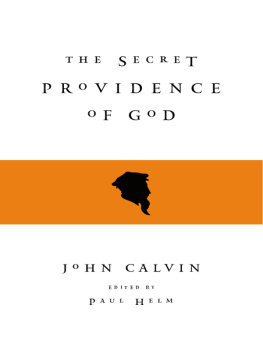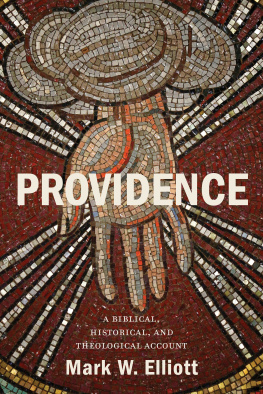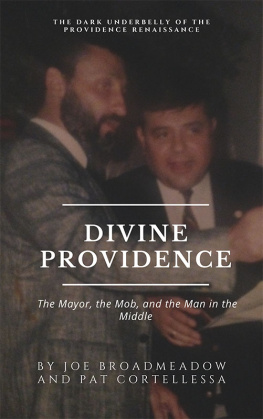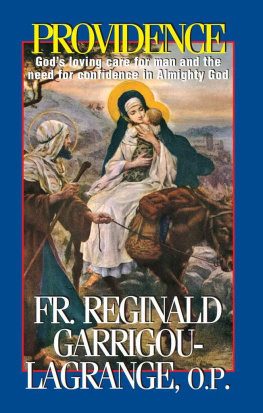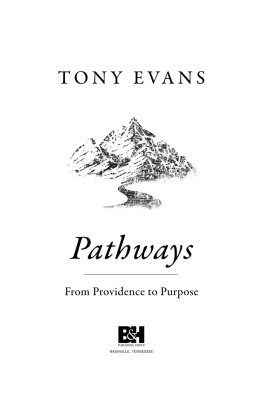
PRAISE FOR DANIEL QUINN'S ISHMAEL
"Wonderfully earnest and engaging. Think of Robert Pirsig in Zen and the Art of Motorcycle Maintenance or B. F. Skinner in Walden Two."
--Los Angeles Times Book Review
"A thoughtful, fearlessly low-key novel about the role of our species on the planet... laid out for us with an originality and a clarity that few would deny."
--The New York Times Book Review
"[Quinn] entrap[s] us in the dialogue itself, in the sweet and terrible lucidity of Ishmael's analysis of the human condition... It was surely for this deep clear persuasiveness of argument that Ishmael was given its huge prize."
--The Washington Post
"As suspenseful, inventive and socially urgent as any fiction or nonfiction book you are likely to read this or any other year."
--The Austin Chronicle
"Deserves high marks as a serious--and all too rare--effort that is unflinchingly engaged with fundamental life-and-death concerns."
--The Atlanta Journal and Constitution
"The point remains that we are killing the earth along with ourselves and it is nearly too late to check our fate. This is reason enough for reading Ishmael."
--The Orlando Sentinel
PROVIDENCE
A Bantam Book
PUBLISHING HISTORY
Bantam hardcover edition / June 1995
Bantam trade edition / June 1996
All rights reserved.
Copyright 1994 by Daniel Quinn.
BOOK DESIGN BY KATHRYN PARISE.
Library of Congress Catalog Card Number: 94-43423
No part of this book may be reproduced or transmitted in any
form or by any means, electronic or mechanical, including
photocopying, recording, or by any information storage
and retrieval system, without permission in writing
from the publisher.
For information address: Bantam Books.
ISBN 0-553-37549-0
Published simultaneously in the United States and Canada
Bantam Books are published by Bantam Books, a division of Random House, Inc. Its trademark, consisting of the words "Bantam Books" and the portrayal of a rooster, is Registered in U.S. Patent and Trademark Office and in other countries. Marca Registrada. Bantam Books, 1540 Broadway, New York, New York 10036.
PRINTED IN THE UNITED STATES OF AMERICA
BVG 10 9 8 7
The nudge of Providence has come to me through many
people, including Thomas Merton, Michael Carden,
John Ryan, Ada Saichy, and, always, Rennie.
This book is dedicated to them.
Only slaves love being powerful.
HANS ERICH NOSSACK

ONE
Well, well, so, so. Yes, I'm awake. Awake now. Waking up. Give me a moment.
No, that's all right, really. No need to apologize, no need at all. It's true I was startled to see you here, momentarily startled, but... But you were--expected. I See this surprises you. I don't mean you in particular were expected, I'm not a clairvoyant. Someone was expected. Sometime.
In the middle of the night? Well, of course in the middle of the night! What better time? In the very dead of night!
No, we won't wake Rennie. She's a light sleeper, the lightest sleeper in the world, but the sound of people talking in another room nearby lulls her to sleep very nicely. Like distant surf, a babbling brook.
No, to tell the truth, I'm not really quite awake yet, but I'll get there. Another glass of tea...
Oh, I know why you've come, you don't have to explain. You're welcome to explain if you like, of course, but you're not the first, after all. You're just the first to have the sense to break into my house at two o'clock in the morning!
You've come because Ishmael is a mysterious book. I can understand that. It is a mysterious book, even to me. You have questions about it and about me, and these questions aren't just expressions of curiosity. They touch on matters at the center of your life.
Let me start with something simple, a brief history of the writing of Ishmael. This will give us a sort of framework on which to build our conversation.
This is the way it was. Back in 1977 I had an idea for a book--or I imagined I did. I thought it would take me about six months, so I sat down and wrote it, and this was Man and Alien. But it wasn't quite all there, wasn't quite all together. In fact, it seemed to me that all I'd managed to do was to get a glimpse of the book I wanted to write. It was like a great unknown creature that crouched before me, facing away and blotting out the sky, and all I'd explored in this first version was the tip of its tail. That's all I'd managed to grab hold of. So I said, Well, I'll start over and get to the rest of it. It'll take me another six months. By then I'd fixed on one element of the book that was going to be explored again and again in every version thereafter, and this second version was called The Genesis Transcript. Six months later I had a thousand pages of manuscript and I'd pulled myself up as far as the base of the tail. That was as far as I'd gotten in a thousand pages. So I said, Obviously this approach won't work; at this rate, the thing will be ten thousand pages long.
So I threw away the thousand pages, absolutely dumped them into the incinerator. Then I started the third version and worked on that for another few months, and this venture took me to the middle of the creature's back, at which point I once again said, Look, I can't get at it this way. I've got to have a whole new approach. So I threw that version away too. At this point we happened to have a small inheritance--a small inheritance that we in our simplicity thought was a very large inheritance--and I had a good idea of what I was going to do with version four, so we decided to move to New Mexico, to a whole new environment, and get this book done once and for all. So we moved to New Mexico and I tried something quite different for version four, and this was The Book of Nahash--nahash being the Hebrew word for serpent, the serpent that appeared in the Garden of Eden. So you see, I was still working away on that story. With The Book of Nahash I thought I'd very nearly done it, but this wasn't the case. I'd gotten up to the shoulder of the beast, but I still couldn't grasp what the damn thing was as a whole.
I said, Well, look, I don't know how to get to the end of this damn thing, so why don't I write a book without an end? That's what I tried next. I wrote The Book of the Damned and started publishing it in parts. I figured I'd just go on writing it and publishing it until I'd said everything I had to say. I produced three parts and they were in their own way more forceful than anything I've done since--but for some reason this method could only be pushed so far. I got to the end of part three and couldn't figure out how to proceed. The Book of the Damned had taken me up the neck of the beast and all the way to the crown of the head, but I knew I still had a way to go.
Now I began version six, which was Another Story To Be In. You can tell from the title that I'd gotten beyond the focus that had dominated versions two, three, and four. Another Story To Be In was a monumental effort, ultimately running to something like a hundred thousand words, but it was a success. In a sense, a success. For the first time, I had rounded the head of the beast and reached its snout. I had it in hand now and knew what the animal was at last. Everything was there--everything that would eventually find its way into Ishmael,
Next page

